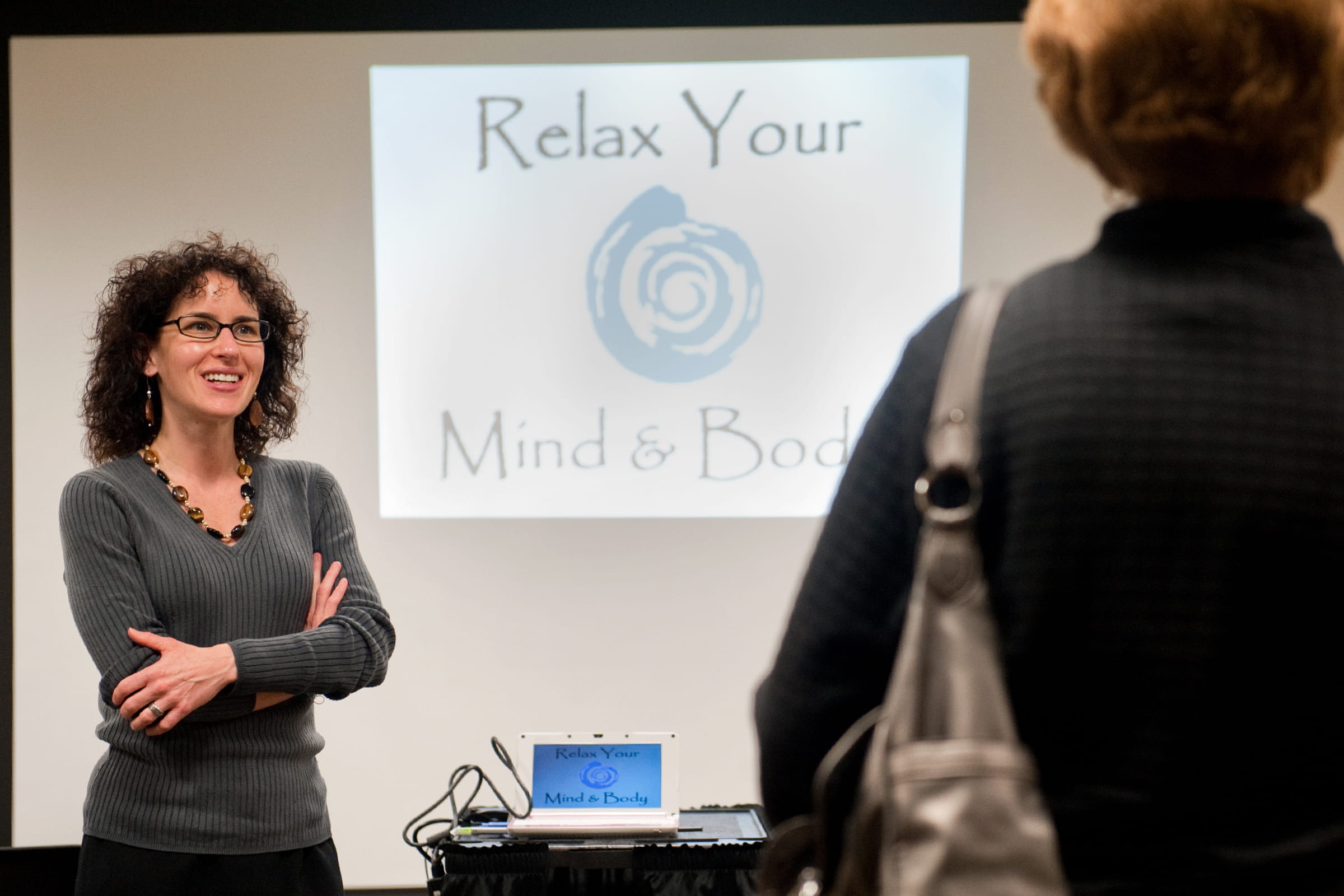The case for multivitamins
UCI’s Frances Jurnak explains how daily supplements, if taken correctly, can benefit lifelong health.

With news this month on a Swedish study suggesting that women who take multivitamins face increased breast cancer risks, the debate over whether vitamin supplements are good for us has gained new fuel. Do they work? Can they harm? Everyone seems to have an opinion.
The Susan Samueli Center for Integrative Medicine asked Frances Jurnak, a UC Irvine physiology & biophysics professor with a personal and professional interest in the health benefits of vitamin use, to address the issue. Here, she expands upon her April 6 talk, “The Rationale for a Daily Multivitamin Supplement.”
Q: There is a lot of debate over the efficacy of vitamins. How are multivitamin supplements beneficial?
A: According to Bruce Ames, a famous UC Berkeley researcher in DNA repair, cancer and aging, a multivitamin supplement is a relatively inexpensive form of medical insurance. He bases his statements on laboratory experiments, a review of the medical literature of known disorders caused by poor vitamin interactions with proteins, as well as on his biochemical knowledge of how vitamins can be disrupted by genetic mutations.
Q: What are the differences between taking a multivitamin and individual vitamin and mineral supplements, like vitamin C or iron?
A: Unless you need a specific nutrient for medical reasons or are very knowledgeable about vitamins, you should always take a multivitamin-mineral supplement. Taking just one type of vitamin can induce deficiencies of another vitamin. For example, too much vitamin C can cause a deficiency in vitamin B12. The vitamin companies are aware of the correct ratios of vitamins and minerals to avoid induced deficiencies and use the correct ratios in their supplements. Supplements should contain a mix of both vitamins and minerals, because the minerals are necessary to activate the vitamins.
Q: Should women be concerned about recent research suggesting that multivitamin use can increase breast cancer risks? If so, what are the alternatives?
A: Young women should probably not be concerned with the recent study on Swedish women. First, there are several comprehensive American studies indicating that there is no link between multivitamin supplements and an increased risk for breast cancer in American women.
As discussed in the recent publication on Swedish women, the most likely factor accounting for the increased risk is folate, which is not added to foods in Sweden, but is added to prepared foods in the U.S. Folate is known to prevent cancer, but if cancer cells are already present, folate may contribute to speeding up the growth of cancerous cells.
Unless young women have a genetic predisposition to cancer, they should not be concerned with taking the daily minimum requirement of folate. As people age and their DNA undergoes mutational changes, they become more at risk for developing cancer. People over the age of 50 might be more concerned about taking extra folate found in most multivitamin supplements.
Q: What other health concerns are associated with multivitamin use?
A: First, if proper vitamin ratios are not observed, then vitamins can induce nutrient deficiencies. Second, if megadoses of vitamins are taken for prolonged periods, like two weeks or more, then the natural vitamin transporters are diminished in the body. In cases of megadose-vitamin supplementation, a person needs to be weaned slowly from vitamins to allow for the vitamin transporters to reappear.
Q: Any other advice?
A: I recommend that all individuals take a generic multivitamin-mineral supplement, as well as extra vitamin C (Ester C); an antioxidant, such as reduced glutathione; and L-carnitine. If a person has known risk factors for cancer, he or she might want to exclude extra folate supplementation.


